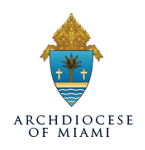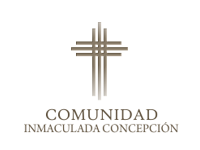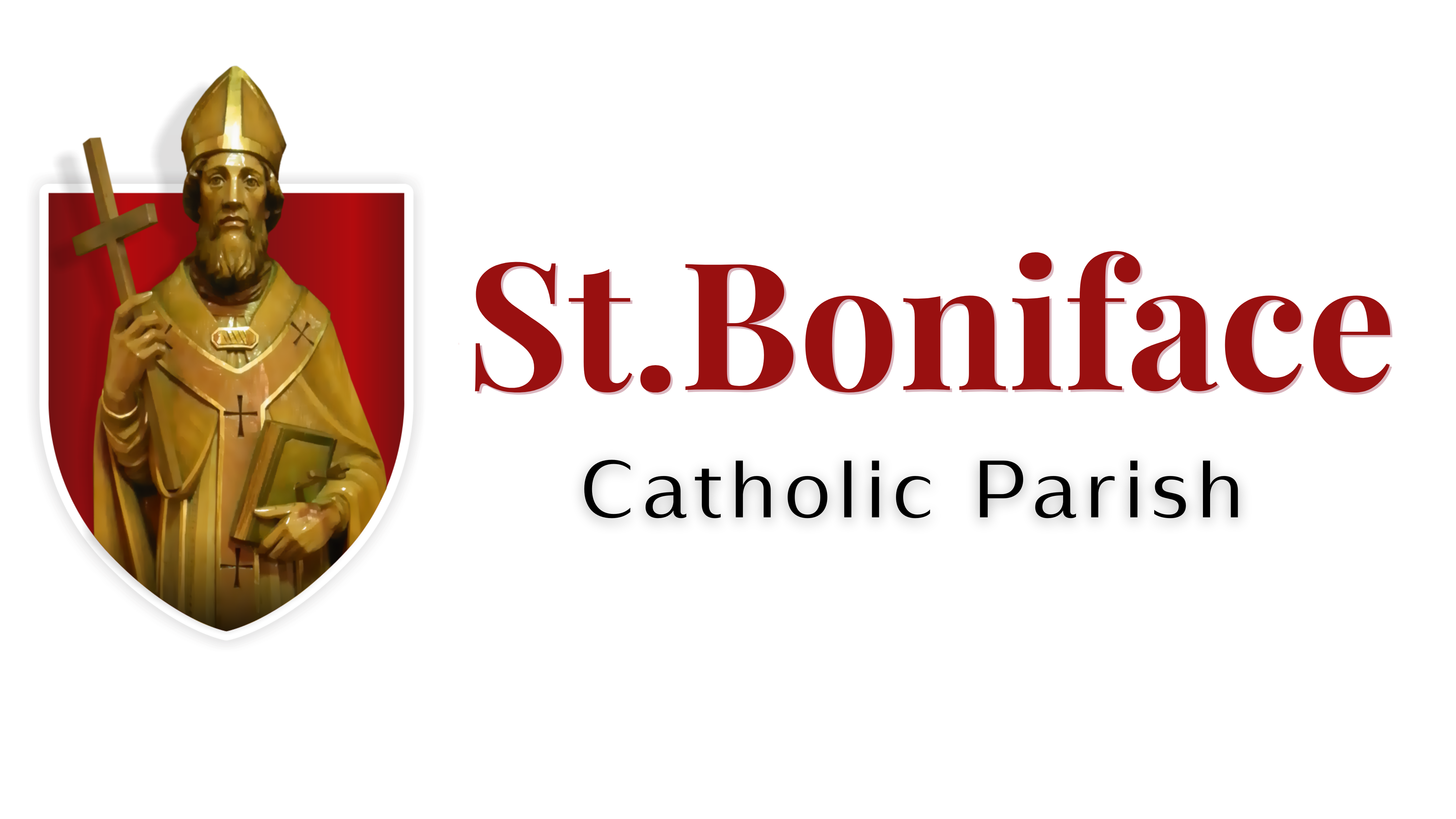The Seven Sacraments
Through the Sacraments of Christian Initiation — Baptism, Confirmation and the Eucharist — man receives new life in Christ. Now, we all know that we carry this life “in earthen vessels” (2 Cor 4:7), we are still subject to temptation, suffering, and death and, because of sin, we may even lose this new life. That is why the Lord Jesus willed that the Church continue his saving work even to her own members, especially through the Sacrament of Reconciliation and the Anointing of the Sick, which can be united under the heading of “Sacraments of Healing”. The Sacrament of Reconciliation is a Sacrament of healing. When I go to confession, it is in order to be healed, to heal my soul, to heal my heart and to be healed of some wrongdoing. The biblical icon which best expresses them in their deep bond is the episode of the forgiving and healing of the paralytic, where the Lord Jesus is revealed at the same time as the physician of souls and of bodies (cf. Mk 2:1-12; Mt 9:1-8; Lk 5:17-26). Pope Francis General Audience of 19 February 2014: http://bit.ly/2lzs0NJ
The sacraments of the Church are the fruit of the redemptive sacrifice of Jesus on the cross.
The sacraments are divided into:
- the sacraments of Christian initiation (Baptism, Confirmation, and Holy Eucharist);
- the sacraments of healing (Penance and Anointing of the Sick);
- and the sacraments at the service of communion and mission (Holy Orders and Matrimony).
The sacraments touch all the important moments of Christian life. All of the sacraments are ordered to the Holy Eucharist "as to their end" http://bit.ly/2l9TyrU
Baptism
The Sacrament of Baptism is the first step in a lifelong journey of commitment and discipleship. Whether we are baptized as infants or adults, Baptism is the Church's way of celebrating and enacting the embrace of God.
“No one can enter the kingdom of god without being born of water and spirit.” John 3:5
Baptism is the FOUNDATION of our life in Christ. It is the sacrament that brings a person into the church community.
For more information go to http://bit.ly/2lRhK45
Catechism of the Catholic Church http://bit.ly/2lpDAdI
United States Conference of Catholic Bishops (USCCB) http://bit.ly/2lZhk7E
Handout http://bit.ly/2lZfBPU
Eucharist
Catholics believe the Eucharist, or Communion, is both a sacrifice and a meal. We believe in the real presence of Jesus, who died for our sins. As we receive Christ's Body and Blood, we also are nourished spiritually and brought closer to God.
For more information go to http://bit.ly/2mcgEvP
Catechism of the Catholic Church http://bit.ly/2lpGaRc
United States Conference of Catholic Bishops (USCCB) http://bit.ly/2mfLa8g
Reconciliation - Confession
The Catholic Sacrament of Reconciliation (also known as Penance, or Penance and Reconciliation) has three elements: conversion, confession and celebration. In it we find God's unconditional forgiveness; as a result we are called to forgive others.
For more information go to http://bit.ly/2ljQHey
Catechism of the Catholic Church http://bit.ly/2kBCnAS
United States Conference of Catholic Bishops (USCCB) http://bit.ly/2lzmN8L
Handout http://bit.ly/2kNdZYl
Confirmation
Confirmation is a Catholic Sacrament of mature Christian commitment and a deepening of baptismal gifts. It is one of the three Sacraments of Initiation for Catholics. It is most often associated with the gifts of the Holy Spirit.
For more information http://bit.ly/2kBWO0B
Catechism of the Catholic Church http://bit.ly/2lU5nB1
United States Conference of Catholic Bishops (USCCB) http://bit.ly/2kBU83j
Handout http://bit.ly/2lzBqJd
Marriage
The Sacrament of Marriage, or Holy Matrimony, is a public sign that one gives oneself totally to this other person. It is also a public statement about God: the loving union of husband and wife speaks of family values and also God's values.
For more information http://bit.ly/2l2MtJN
Catechism of the Catholic Church http://bit.ly/2kNDrwM
United States Conference of Catholic Bishops (USCCB) http://bit.ly/2kOSXgc
For Your Marriage http://bit.ly/2m3jbbC
Holy Orders
In the Sacrament of Holy Orders, or Ordination, the priest being ordained vows to lead other Catholics by bringing them the sacraments (especially the Eucharist), by proclaiming the Gospel, and by providing other means to holiness.
The priesthood is a divinely instituted sacrament begun by Christ at the Last Supper in order to continue His ministry in the world. In the sacrament of holy orders, or ordination, the priest being ordained vows to lead other Catholics, by bringing them the sacraments (especially the Eucharist), by proclaiming the Gospel, and by providing other means to holiness. In Holy Orders the person being ordained receives the power and grace to perform the sacred duties of bishop, priest, and other ministers of the church. Christ Himself selected and ordained the first bishops, the apostles. They then, following the will of Christ, consecrated others as bishops and ordained priests and deacons.
Anyone interested in the priesthood or diaconate should contact The Vocations Office of the Archdiocese of Miami http://bit.ly/2lkucGt
This office plays an important role in helping, and assessing those who are making application to the Archdiocese of Miami for priesthood formation.
Anointing of the Sick
Sacrament of Anointing of the Sick, this sacrament, formerly known as “Last Rites” or “Extreme Unction,” is not only for persons near the end of life, but for all Catholics who are experiencing serious illness of the body, mind, or spirit. The sacrament focuses on trust in God—for whatever happens—and on healing—in whatever form that may take. Today the sacrament is celebrated in parish settings, homes, hospitals, and care centers, in the company of family and friends, so that all can celebrate God’s healing love.
When death appears to be near, the sick person receives Holy Communion, known as Viaticum, “food for the journey,” which assures us of Jesus’ presence on this final journey to the Father. Waiting until the last minute to call a priest denies the sick person the full benefit of the sacrament. The anointing of the sick is meant principally for the sick throughout their illness and not at their last moment.
For more information http://bit.ly/2kCdBk7



